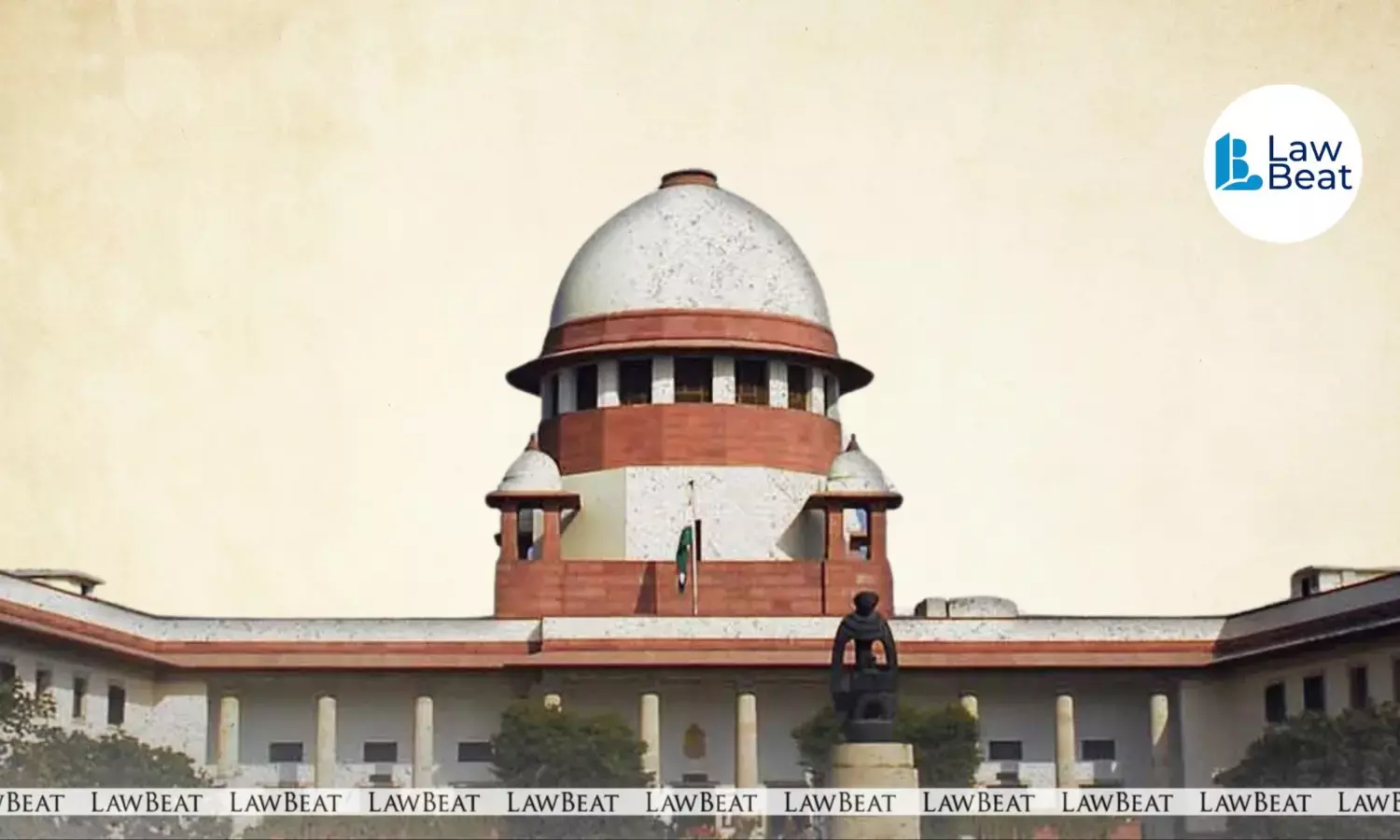Remarriage No Ground to Deny Compensation to Children: SC Rejects Insurer’s Plea to Reduce Award in Motor Accident Case

The Supreme Court has rejected a plea by The Oriental Insurance Company Ltd to reduce the compensation awarded to the wife and children of an engineer employed with British Telecom, who died in a road accident in 1995.
The insurer had argued that since the deceased's wife remarried in 2002, compensation for loss of dependency should be limited to the seven-year period between his death and her remarriage.
A bench comprising Justices Sudhanshu Dhulia and K. Vinod Chandran dismissed this argument, holding that the remarriage of the widow did not disqualify the minor children from receiving compensation for the full multiplier period applied by the Motor Accident Claims Tribunal. The Court held that there was no reason to interfere with the multiplier adopted by the Tribunal and affirmed by the High Court.
The accident occurred on November 18, 1995, when the deceased was travelling in a car that collided with a truck. Alleging rash and negligent driving by the truck driver, the deceased's wife and two minor children filed a claim seeking Rs. 1.3 crore in compensation.
At the time of the accident, the family resided in the United Kingdom, and the deceased, a man with multiple academic achievements, was employed as an engineer with British Telecom and earned a salary in Pounds Sterling.
The Tribunal found negligence on the part of the truck driver, relying on the FIR and a previous award in a connected claim.
It computed the deceased’s income based on the applicable exchange rate and awarded a total compensation of Rs. 79,04,540, including amounts for loss of consortium, estate, and funeral expenses.
On appeal, the High Court upheld the finding of negligence and revised the exchange rate slightly, bringing the total compensation to Rs. 76,63,508.
The insurer challenged this in the Supreme Court on multiple grounds; the effect of the widow’s remarriage, the duration of dependency, the rate of interest awarded, and the grant of interest on future prospects.
The Court, however, found no merit in the contention that the widow’s remarriage in 2002 warranted limiting the compensation period. It noted that the family pension had ceased post-remarriage, presumably because it was payable only to the wife. Nevertheless, the minor children remained entitled to the full compensation based on the Tribunal's calculation.
The Court also rejected the insurer’s claim that delay in the trial, from 1995 to 2017, was solely attributable to the claimants. Observing that the case was posted for claimants' evidence over several years, the Court said there was nothing to indicate that the delay was exclusively their fault. It ruled that interest must run from the date of filing of the claim petition to the date of payment.
On the question of the 9% interest awarded, the Court held that the rate was appropriate considering the long delay and the economic context.
Citing past precedents, it noted that courts awarded 12% interest in the 1980s and 9% in the 1990s, and that interest rates on long-term bank deposits today remain around 7% or more.
The insurer also objected to awarding interest on the component of future prospects, calling it an illegality. This was also dismissed, with the Court observing that in most such cases, the compensation amount is received only after the multiplier period has effectively elapsed.
The Court noted that if the insurance company had made a provisional disbursement upon being notified of the accident, the interest burden could have been reduced. Instead, by refusing to consider or settle the claim, the insurer had compelled the family to pursue lengthy litigation.
The Court held that awarding interest, even on future prospects, was justified as a minimal form of compensation for the loss of dependency and the financial hardship caused by the delay. It observed that such interest is usually simple and nominal.
The bench upheld the High Court’s order and directed that the full award amount be paid with interest at 9% from the date of filing the claim petition until the date of disbursement, deducting Rs. 50,000 already granted as interim compensation.
Any failure to disburse the amount within three months would attract interest at 12% from the date of default, Court added.
Case Title: The Oriental Insurance Co Ltd v. Niru @ Niharika & Ors
Date of Judgment: July 14, 2025
Bench: Justices Sudhanshu Dhulia and K. Vinod Chandran
